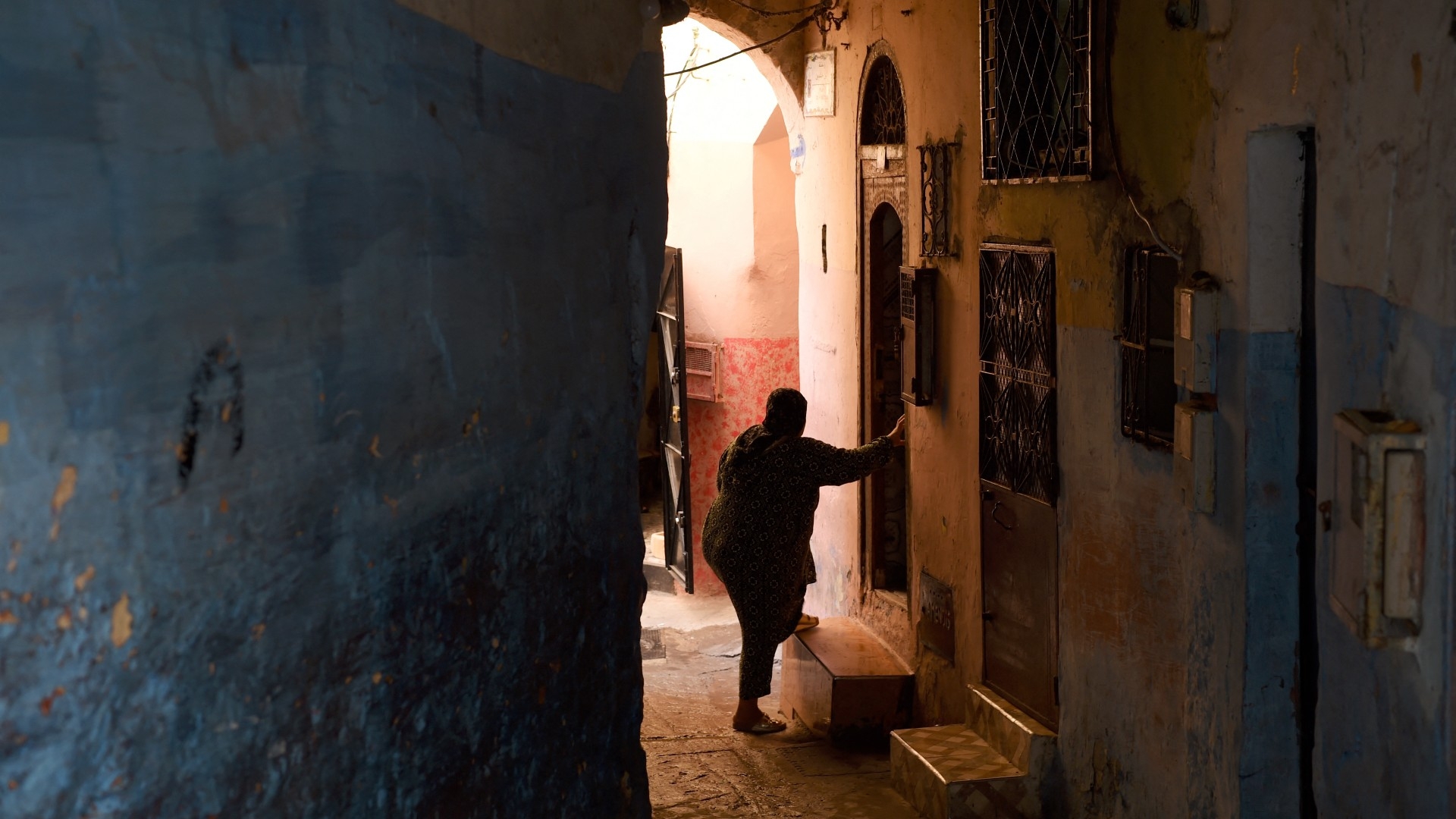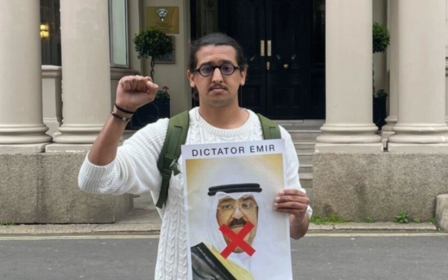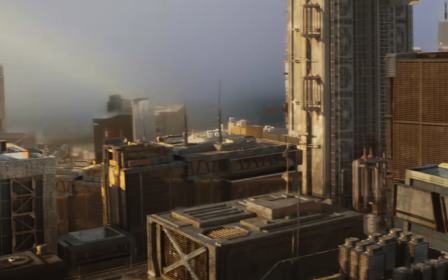Arabic press review: 'Cocaine of the poor' drug spreading through Morocco

'Cocaine of the poor' spreads in Morocco
A new cheap drug which has come to be referred to as the "cocaine of the poor" is spreading in Morocco, according to a report published by the Arabi21 website.
The drug known as "PUFA", which ranges between seven and 10 dollars per gram, is having social repercussions, including the separation of families and a rise in suicides and murders, the report said.
Moroccans have launched a campaign on social media calling on the government to intervene immediately.
Tayeb Hamidi, head of Morocco's private sector doctors' union, said that PUFA is made with the residue of cocaine and mixed with chemicals, including ammonia, until it turns into a crystal-like substance. It is consumed by inhaling or smoking.
"This dangerous drug spread in America in the 80s, and in the 90s it spread to a number of European countries," Hamidi said.
"It is a dangerous drug that spreads quickly [in society] because it is cheap, and causes serious danger to the mental and physical faculties of those who use it, including causing anxiety attacks accompanied by hallucinations, which may lead people to self-harm or harming others."
The discussion around the spread of the drug has also reached Morocco's parliament. Interior Minister Abdelouafi Laftit has received several enquiries from parliamentarians about procedures and efforts to combat the drug, according to Arabi21.
Lebanese broadcaster taken off air
Lebanese state-owned broadcaster Tele Liban has stopped broadcasting for the first time in decades due to economic problems, as reported by the New Khalij website.
Ziad Makari, Lebanon's information minister, announced that the channel would be taken off the air on Friday morning following an ongoing salary reduction crisis which has led to an employee strike.
The Lebanon Television Employees Syndicate announced the strike last week, demanding unpaid financial dues going back several months.
The decision to stop broadcasting has sparked angry reactions on social media.
Lebanese media reported that the broadcaster and the country's prime minister and labour minister were in contact to resolve the issue.
The establishment of Tele Liban dates back to the end of the 1950s. It was initially owned by two private companies before it merged in 1978 into a mixed public and private entity. The government acquired the private shares in 1996, and since then it has been fully state-owned.
Kuwaiti embassy warns against fraudulent group
Kuwait has warned its citizens to be wary of an unidentified group claiming to represent the consular section of its embassy in the United States, according to Kuwaiti newspaper Al-Rai.
The country's embassy said the group was fraudulently demanding payment in exchange for enroling students in American universities.
It added that it "never communicates with citizens, whether by phone or e-mail, to request sums of money from them in any way".
The embassy called on its citizens to exercise caution, and not make any payments or share information or documents if they receive such communication.
According to statistics compiled in 2020, Kuwait was ranked 16th in a list of countries that hands out the most scholarships for its citizens to study in the US.
There are around 14,000 Kuwaitis studying across American universities.
*Arabic press review is a digest of news reports not independently verified as accurate by Middle East Eye.
Middle East Eye propose une couverture et une analyse indépendantes et incomparables du Moyen-Orient, de l’Afrique du Nord et d’autres régions du monde. Pour en savoir plus sur la reprise de ce contenu et les frais qui s’appliquent, veuillez remplir ce formulaire [en anglais]. Pour en savoir plus sur MEE, cliquez ici [en anglais].




